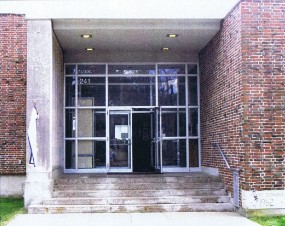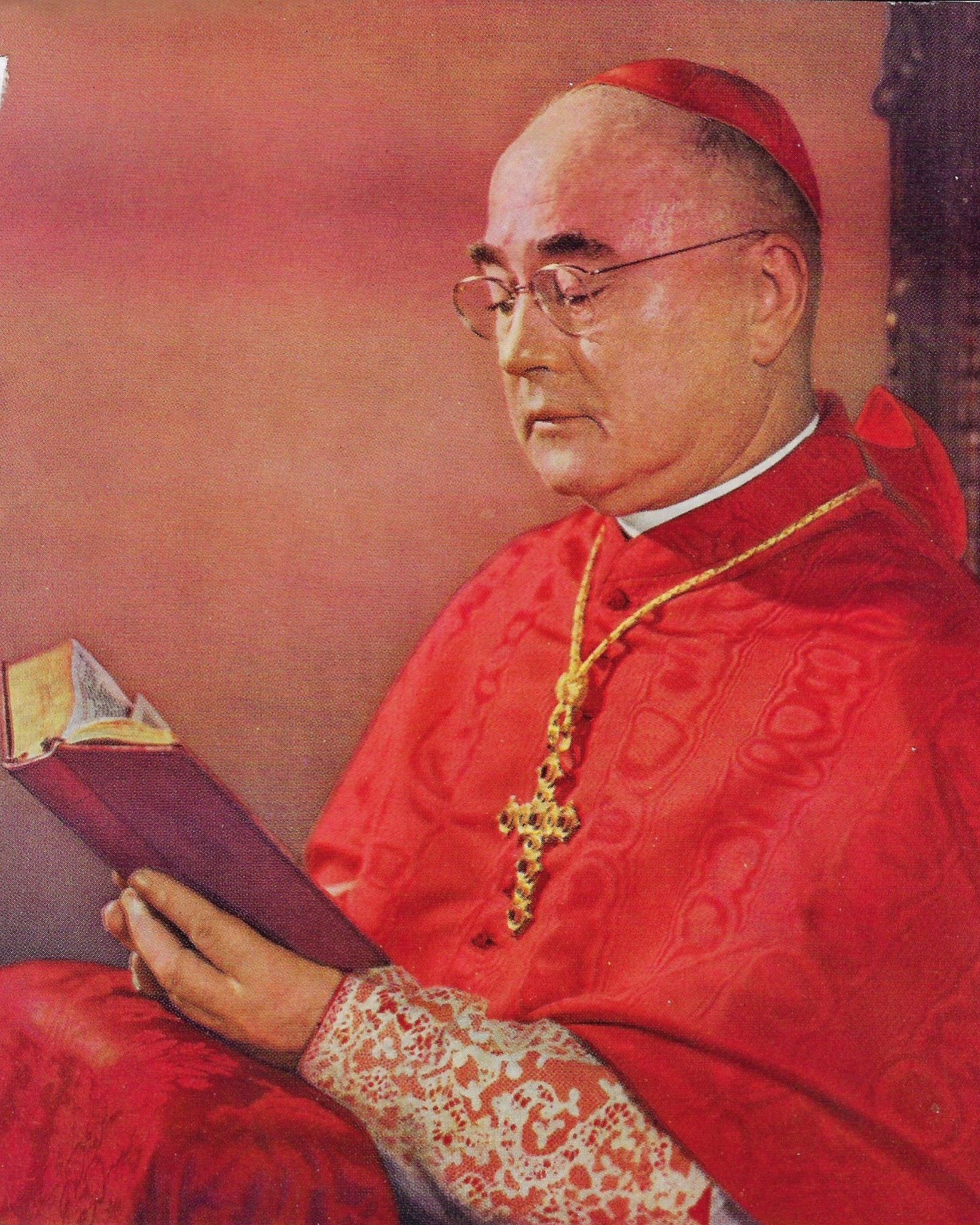
Home
 Living in the city of Quincy, Massachusetts (just south of Boston), I am literally surrounded by history. On an almost daily basis, I can pass the birth places and burial sites for two United States presidents (John Adams and John Quincy Adams), their family estate (Peacefield), as well as countless other landmarks of Unites States history. I am equally fortunate to be within easy driving distance of one of the two public philatelic museums in the country, the Spellman Museum of Stamps and Postal History, on the campus of Regis College in Weston. In fact, one of the stamp clubs that I belong to, the Waltham Stamp Club (originally based in my hometown), meets regularly at the Museum.  Founded in 1961 and opened in 1963, The Cardinal Spellman Philatelic Museum was originally established to house the collection of Cardinal Francis Spellman, the long-time Cardinal of the Archdiocese of New York, and a prominent figure in both the United States and the Catholic Church during the mid-20th century. Born in the Boston suburb of Whitman, he was introduced to stamp collecting while serving at the North American College in Rome, Italy. Cardinal Spellman used stamps as souvenirs and tied them to the events he witnessed, both in the Church and through his various travels and assignments in Europe. He would routinely send materials to Sister Fidelma Conway, CSJ, his colleague at Regis College. Sister Fidelma would not only serve as the caretaker for the Cardinal’s collection but would eventually become the first curator and Executive Director of the Spellman Museum. In 1961, the National Philatelic Museum in Philadelphia closed, and most of its holdings were transferred to the newly incorporated Cardinal Spellman Philatelic Museum. The National Museum is best remembered by followers of Vatican philately for having hosted the Vatican Marian Year Philatelic Exhibition in 1954, arguably the finest exhibition of Vatican material ever presented in the United States. Over the years, the holdings of the Spellman Museum have expanded, and in 2020 the museum updated its name to The Spellman Museum of Stamps and Postal History, reflecting the growing interest in postal history beyond the collection of stamps alone. VPS is working closely with the Spellman Museum in an effort to provide access to some of the treasures that our housed in the Museum’s archives. It is hoped that these materials will soon see the light in the public space and through presentation in VPS publications and electronic formats. More to come on our efforts. Cardinal Spellman once wrote: Stamps are miniature documents of human history. They are the means by which a country gives sensible expression to its hopes and needs; its beliefs and ideals. The Spellman Museum holds these sentiments as the basis of its mission. A visit to the Museum is well worth the time if you are in the Boston area. REFERENCES: Spellman Museum of Stamps and Postal History website, www.spellmanmuseum.org James C. Hamilton, Vatican Notes, Volume 65, Number 371, 2017, A Visit to the Spellman Philatelic Museum |